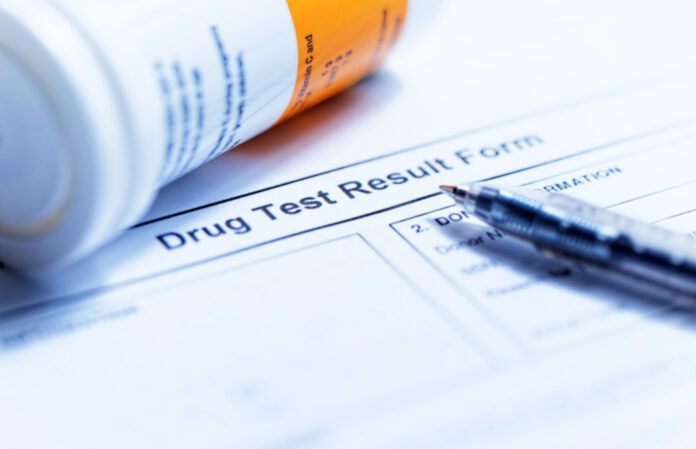Random drug testing is a critical component of any organization’s safety protocols, and it’s essential to understand the ins and outs of establishing a random drug test policy. To ensure you have the proper protocols for your organization, here’s a guide to setting up a random drug test policy.
What Is a Random Drug Test Policy?
A random drug test policy is an organization’s set of rules and procedures to conduct random drug tests on employees. The goal of a random drug test policy is to ensure the well-being and safety of the organization and its employees. In some cases, random drug testing is mandated by federal and state regulations.
A random drug test policy should include information about who can be tested when tests can be conducted, how tests will be administered, and the consequences of a positive test result. The policy should also outline the procedures for appealing a positive test result and guide how to handle confidential information related to the drug testing process.
It’s important to note that random drug test policies should be regularly reviewed and updated to ensure compliance with the latest laws and regulations. Organizations should also consult legal counsel to ensure their policies comply with the law.
Benefits of Establishing a Random Drug Test Policy
Random drug testing can help organizations ensure employees are not using drugs or alcohol while on the job. It is essential for organizations that work in hazardous environments or operate heavy machinery, as drug and alcohol use can be a significant safety risk.
Random drug testing can also help organizations reduce their risk of legal liability. If an accident or injury occurs, organizations can use drug test results as evidence that the employee was not impaired by drugs or alcohol at the time. It can help limit the organization’s legal exposure and protect it from costly lawsuits.
Finally, a random drug test policy can help discourage drug and alcohol use in the workplace. Knowing that they could be subject to a random drug test may make employees less likely to use drugs or alcohol while at work. It can help maintain a safe and healthy work environment and promote a culture of safety and accountability.
Required Documentation for Random Drug Testing Policies
Before establishing a random drug test policy, organizations should ensure they have the necessary documentation. It includes a drug testing policy, an employee consent form, a release of information form, and an appeals process.
The drug testing policy should outline the organization’s expectations regarding drug and alcohol use, including the consequences of a positive test result. The employee consent form should allow employees to opt out of random drug testing. In contrast, the release of information form should ensure that the organization has the employee’s consent to share their drug test results with appropriate parties. Finally, the appeals process should allow employees to contest a positive test result.
Random Drug Testing Services
Organizations may choose to outsource their random drug testing to a third-party provider. These providers can conduct drug tests, provide results, and ensure that the tests comply with applicable laws and regulations.
When selecting a provider, it’s essential to research their reputation and ensure they are certified and properly trained. Organizations should also review the provider’s privacy policy to ensure that their drug test results are kept confidential.
Conclusion
Random drug testing is a critical component of any organization’s safety protocols, and it’s essential to understand the ins and outs of establishing a random drug test policy. A random drug test policy should include information about who can be tested when the tests can be conducted, how the tests will be administered, and what the consequences of a positive test result may be. Organizations should also make sure that their drug testing is conducted in a fair and consistent manner and that it is compliant with local and federal laws. Finally, organizations may outsource their drug testing to a third-party provider.
By following these guidelines and implementing the right policies and procedures, organizations can ensure that their random drug test policy is effective and compliant with the latest laws and regulations.
Find a Home-Based Business to Start-Up >>> Hundreds of Business Listings.

















































